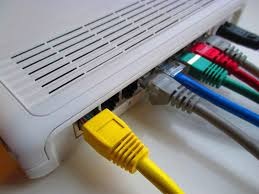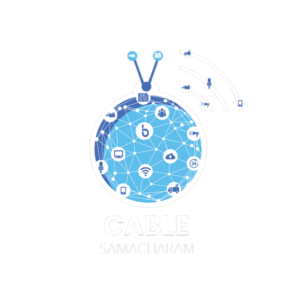Demand for broadband connectivity has existed in India for a while, but recently, calls for better quality of service are growing increasingly strident. While the existing cable TV infrastructure could play a potential role in delivering broadband, last mile monopoly is one of the major factors that prevent the growth of the sector through infrastructure sharing.
In response to the Telecom Regulatory Authority of India’s consultation paper, one of the largest broadcasters – Star India stated that there is still a problem of last mile monopoly in the cable TV industry arising from exclusive deals between cable TV operators and Resident Welfare Associations (RWA).
“Following TRAI recommendation on ‘In-Building Access by Telecom Service Providers’ in January, the DoT in November 2019 issued an advisory to all telecom service licensees to share in-building infrastructure to share infrastructure in airports, railway stations, bus terminals, metro lines and hospitals etc. The MIB, as the licensor of all MSOs, must issue a similar advisory for sharing of cable TV operators’ in-building infrastructure and infrastructures within a particular RWA,” Star India said.
The broadcaster mentioned that 1,600 MSOs and 60,000 LCOs have laid a vast network of copper coaxial and fibre network connecting 10 crore households. It suggested that since these are private networks do not utilise scarce spectrum, the government should exempt cable operators with Internet Service Provider (ISP) license from paying AGR for a minimum period of five years, provided that they operationalize them within six months of obtaining ISP license. According to the broadcaster, this will incentivize cable TV operators to provide broadband services and instantaneously increase wired broadband connectivity from 1.9 crores to around 10 crores.
























